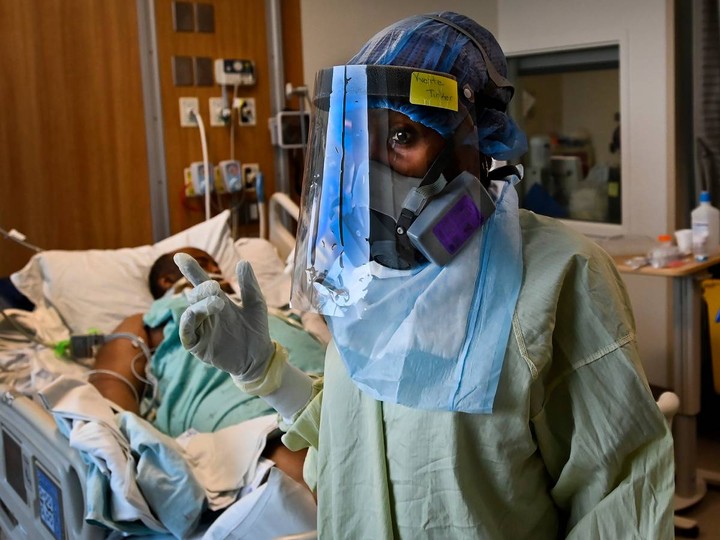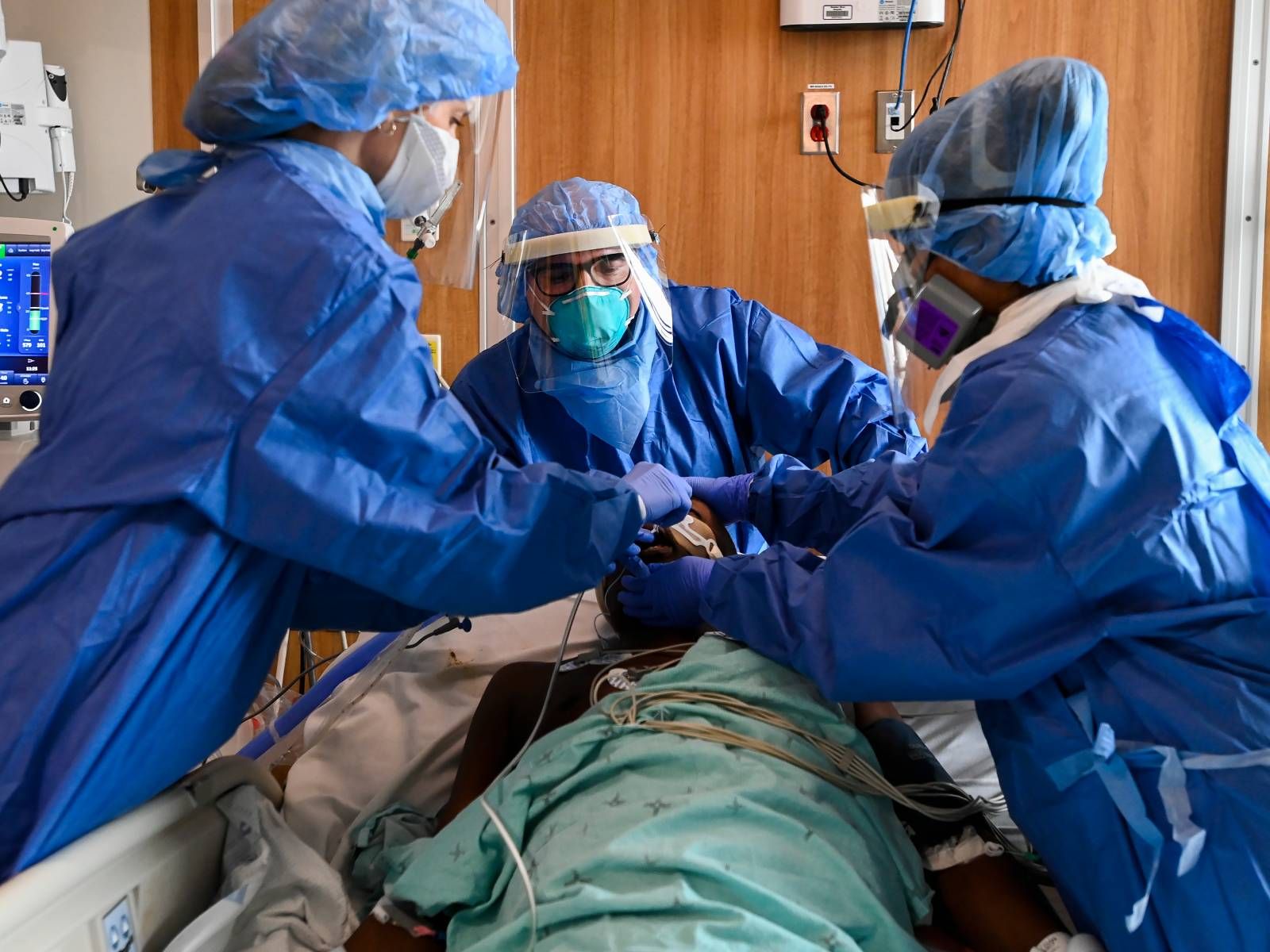and that lack of trust comes at a huge cost.the term “vaccine hesitancy” has been thrown around frequently in recent months to account for lower vaccination rates in parts of the city that are home to black torontonians and other racialized communities. the world health organization
defines “vaccine hesitancy” as influenced by “complacency, convenience and confidence.” and while that may be true for some, it’s been associated most with marginalized people — minus a tremendous amount of context.timothy, who isn’t a big fan of the term, says it’s important to understand what it’s rooted in.“that mistrust comes from a logical place if you think about the harm that has been caused to people and how they don’t want to go back to it,” she explains. “lots of folks want to get the vaccine and are quite aware that they need it. but the government and most public health organizations have not come out with a plan or even a statement on how to heal the past impact of anti-black racism.”she looks back to last march, when the rumblings about vaccines began.“i remember pleading, ‘if you’re talking about the beginnings of a vaccine at this point, and you’re not talking about the historical realities of health violence in our communities, there has to be some kind of conversation or apology acknowledging the distrust in the community.’”the fires of distrust were fanned when
ontario premier doug ford accused indigenous mpp sol mamakwa of “jumping the line” to get the vaccine after he travelled to muskrat dam and sandy lake first nations in his riding in march to get publicly vaccinated in order to encourage his community to do the same. ford later apologized, while mamakwa
noted that it was unfortunate the premier didn’t use his message to be actively inclusive and instead expressed the exact kind of “colonial sentiments” communities of colour are trying to push against.“there was no survey, no polls, because they have a problem with collecting data about us, but they went ahead and said, ‘okay, vaccine hesitant!’” says timothy. “they’re saying black and indigenous communities don’t want [the vaccine], but they’re also not giving us priority or support, which is a problematic dichotomy. so we are our own responsibility.”that responsibility looks largely like community organization, or mutual aid, which is a voluntary exchange of resources where people work together to meet each other’s needs. while this concept has been getting considerable press during the pandemic, it has existed for, well, ever.“cooperative economics have been around in our world since we began in order to thrive,” explains caroline hossein, associate professor of business and society at york university, and founder of the
diverse solidarity economies (dise) collective. “when survival is being threatened, or people are being harmed or excluded, what we do is group together and bond over a common cause to mitigate those harms.”this drive to support one’s community functions like an evolutionary mechanism born from where people are rooted, hossein says. for westerners of african descent, then, it finds its roots in colonization and the underground railroad, and an intuitive sense of “resourcing funds from within.” today, these groups often share the same socioeconomic status, which builds trust and reciprocity.“when [people have] been harmed in mainstream society, they know that there’s a group of people who understand that and will lift them up,” says hossein. “they’re also suspicious of subsidies and external resources, because they fear the kinds of oppressions that might follow them. it’s a politicized action to do things on your own terms.”collectivity is present in local mutual aid efforts, like
community fridges toronto and the black lives matter’s canada
black mutual aid fund, which was announced in february and has so far raised enough to provide for the needs of 1,080 black individuals and families through $250 microgrants. the support also extends to mitigating the covid-19 crisis: toronto’s jane and finch community, which had one of the highest infection rates and lowest vaccination rates, has seen volunteers and community health organizations mobilize,
leading to massive lines at a recent pop-up clinic.today, timothy is hopeful systemic change will come, but for it to happen, everyone must be involved.“black people are trying to thrive and heal from the grief and violence that we experience on a daily basis, while also talking about how we can dismantle white supremacy, which we’ve continued to do through generations,” she says. “but there’s only so much that we can do as black, indigenous and racialized folks. it’s up to the white population that has been benefiting from white supremacy to do their work. they have the power to disrupt the systems they created to benefit themselves.”
change for an equitable future some of the changes necessary to see a more equitable future include more black and indigenous doctors and more minority-focused data. about 4.7 per cent of ontario’s population is black, while, according to
statistics canada, but only 2.3 per cent of doctors in all of canada are black.and there’s the issue of what medical students are taught. advocates say the canadian curriculum — from high school to medical school — needs to be decolonized. that means educating students on the history of racism and public health, rather than shying away from it. such a curriculum can include everything from police brutality to understanding the
high risk of complications during pregnancy for black women due to the ignorance of black pain, to pivotal moments in history like the
tuskegee syphilis study — which enrolled african american men in a study on syphilis based on a false promise of free healthcare —
eugenics campaigns,
how the black panther party fought against medical discrimination, and the list goes on.decolonizing healthcare as a whole also means offering support for afrocentric ways of healing and spaces that reflect cultural beliefs and practices, like
community healing circles,expression therapy classes and
mental health workshops. and when it comes to mainstream health services, experts say there needs to be set disciplinary practices when incidents of racism take place. without consequences, there can be no change.“when people say, ‘i can’t wait for life to go back to what it was,’ i don’t want it to go back to what it was for our communities,” timothy says.“if we can think of a post-covid-19 world that is a real place of health equity, of inclusion, of anti-oppression, of decolonized practices, of treating people with goodness, then we need to dismantle this idea of returning to ‘normal’ and look at how we can move forward in a way that black, indigenous and racialized people can actually experience good health.”
sadaf ahsan is a toronto-based culture writer, editor and stereotypical middle child. she can be reached here.
 9 minute read
9 minute read










